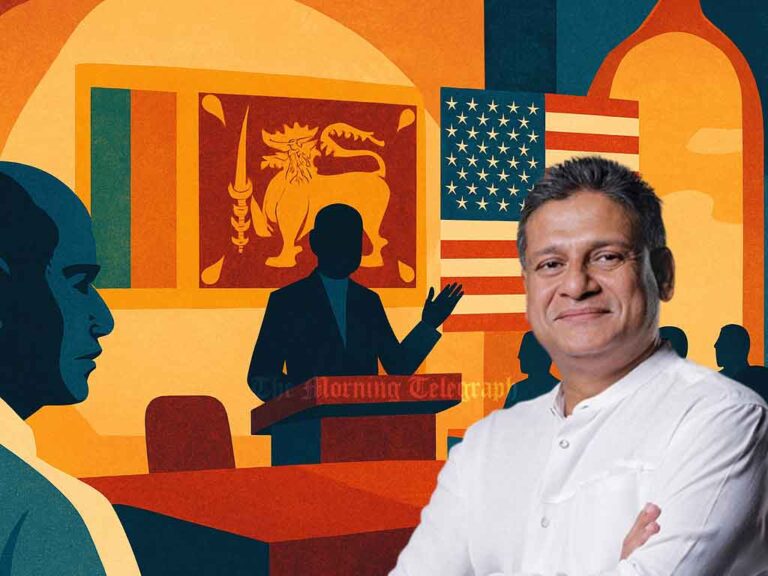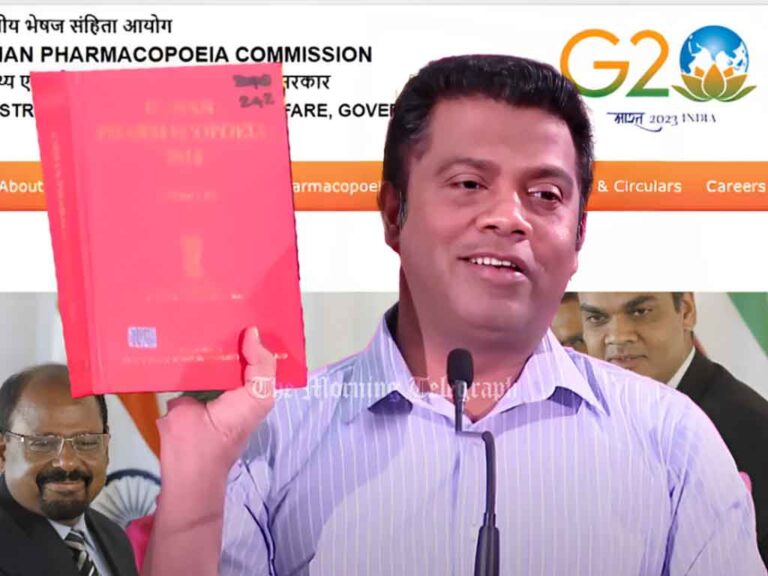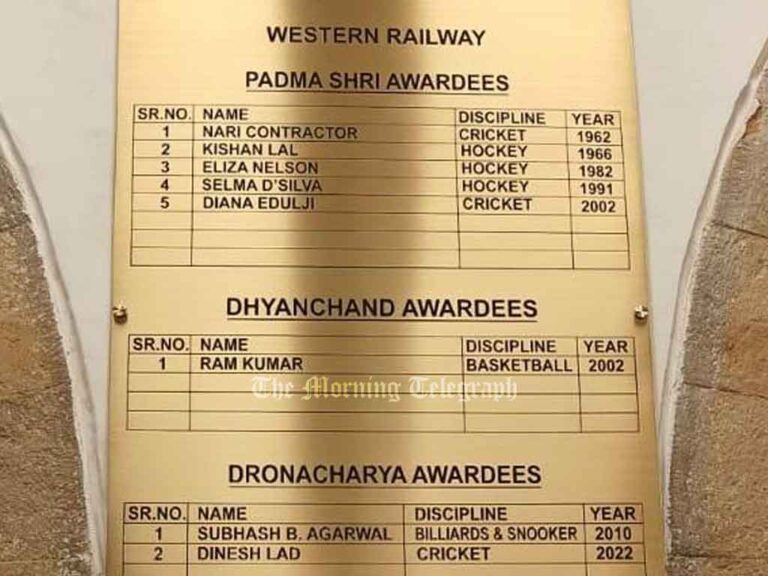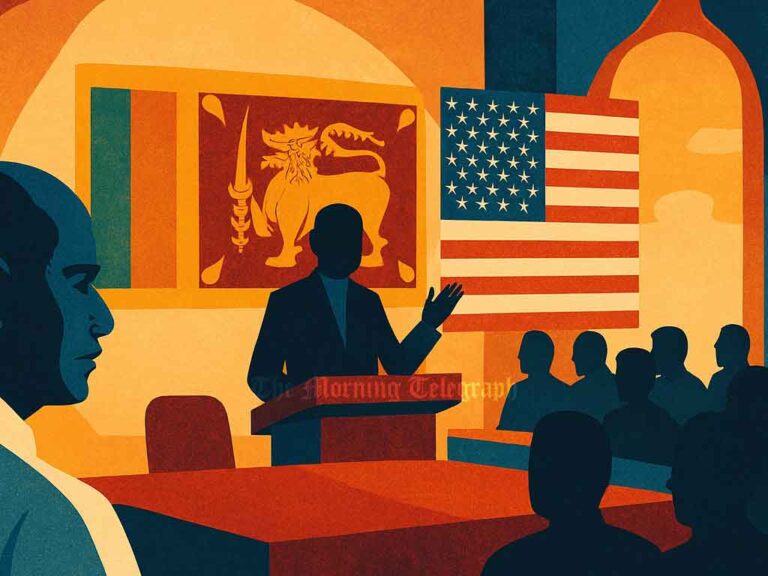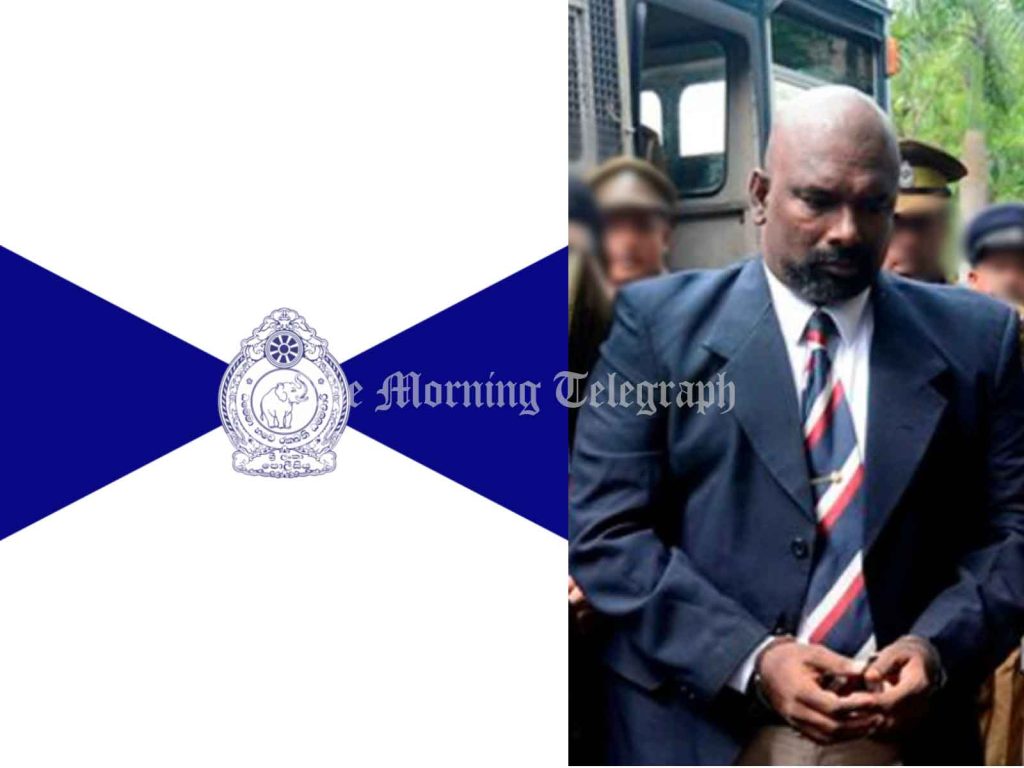
The Inspector General of Police (IGP) is working to reinstate the Organized Crime Division, disbanded in 2021, and plans to place it under contentious leadership.
Reliable sources have confirmed that Neomal Rangajeewa, involved in the brutal killing of unarmed prison inmates in 2012, is being considered for the position of station commander. This decision has raised significant alarm due to Rangajee’s controversial past and current legal issues.
Rangajeewa has refused to testify in multiple high court cases, citing a doctor’s report that claims his mental condition is unstable. Appointing someone with reported mental health issues to a critical law enforcement position has drawn widespread criticism, reflecting poorly on the IGP’s judgment. This move is seen as emblematic of deeper issues within the police force, suggesting a troubling alliance between law enforcement and the underworld.
Addressing crimes, murders, and underworld activities is crucial, but it must be done through accurate intelligence and judicial processes. Critics argue that the current approach undermines human rights and judicial integrity. Notably, protecting human and fundamental rights is a key condition for obtaining loans from the International Monetary Fund (IMF). However, the planned actions seem aimed at eliminating political opponents under the guise of fighting the underworld, potentially leading to further human rights abuses.
The IGP’s decision to recall officers who previously served in the disbanded unit signals a return to aggressive and potentially extrajudicial tactics. Critics, including Tiran and Deshbandu, express concern that this move could inaugurate a new era of brutality, targeting individuals based on personal vendettas rather than genuine underworld threats.
The restoration of the Organized Crime Division and the appointment of Neomal Rangajeewa have sparked significant controversy, highlighting issues of mental health, human rights, and judicial integrity within the Sri Lankan police force. As the situation unfolds, it will be crucial to monitor how these decisions impact public trust, human rights, and the rule of law in Sri Lanka.
Source :- https://lankau.ca/

